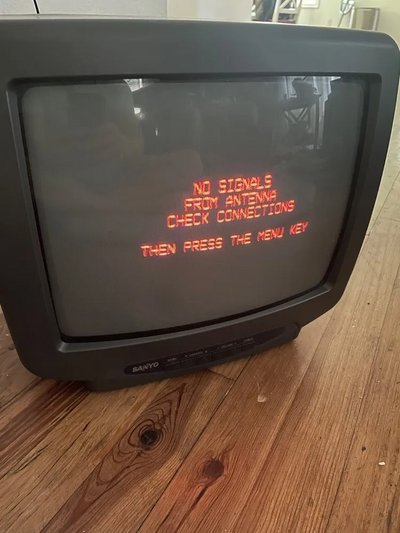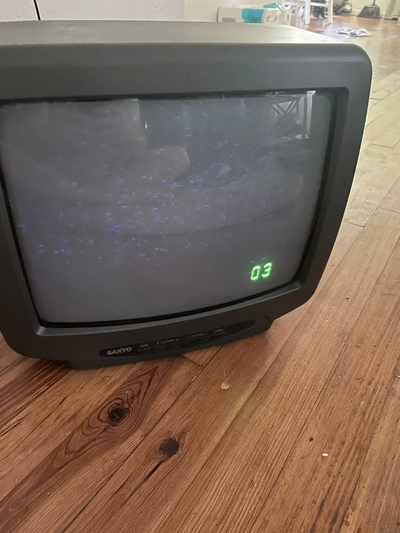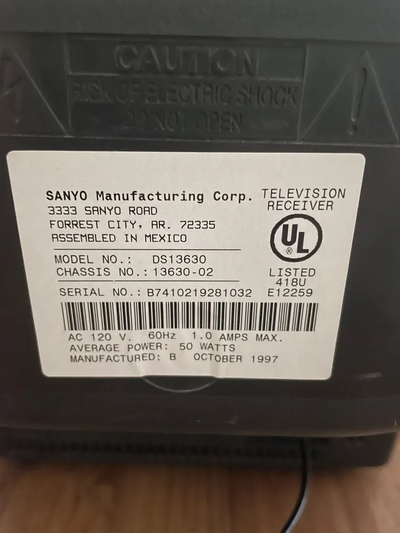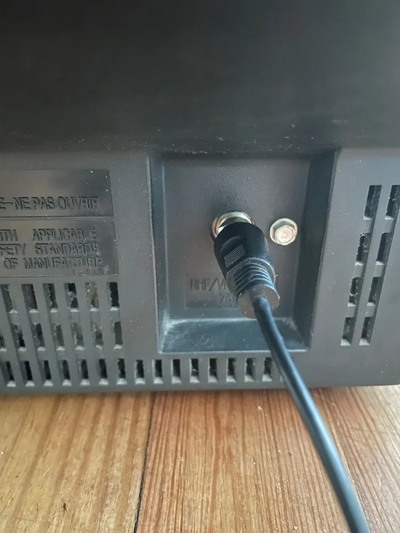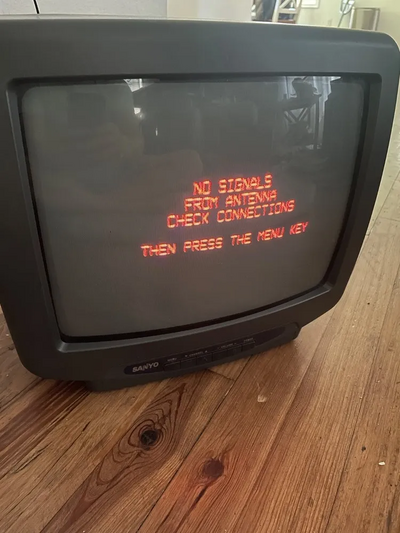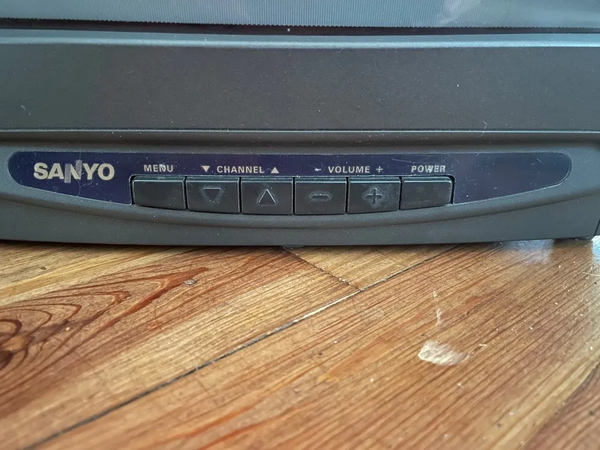
RCA XL 100
| Brand | RCA 2000 |
| Model | XL 100 |
| Released Year | 2000 |
| Type | TV |
| Screen Size | 20 inches |
| Resolution | 480i (Standard Definition) |
| Display Technology | Cathode Ray Tube (CRT) |
| Built-in Digital Tuner | NTSC |
| Status | Discontinued |
Quick view
Overview
The RCA XL 100 is a CRT television model known for its straightforward analog technology common in the late 1990s and early 2000s. It features a cathode ray tube display that delivers standard definition video output with vibrant color reproduction suitable for broadcast TV signals. The device supports various input sources such as composite video and RF antenna inputs. Its control interface includes manual knobs and basic remote functionality. Additionally, the TV houses an internal tuner compatible with NTSC standards. The architecture focuses on durability and ease of repair, making it a dependable option for users preferring traditional TV viewing.
Specifications
| Smart TV Features | Not Supported |
| Built-in Digital Tuner | NTSC |
| Screen Size | 20 inches |
| Display Technology | Cathode Ray Tube (CRT) |
| Maximum Resolution | 480p |
| Color | Silver |
| Custom Bundle | Yes |
| Model | XL 100 |
| MPN | A.2_e 20250802 kg.07 |
| Audio/Video Inputs | Coaxial F |
| Resolution | 480i (Standard Definition) |
| Aspect Ratio | 4:3 |
| Input Connections | Composite Video, RF Antenna |
| Tuner | Analog NTSC |
| Power Consumption | Approximately 70W |
| Dimensions | Approximately 20 x 18 x 17 inches |
| Weight | Around 35 lbs |
| Remote Control | Included |
| Audio Output | Built-in stereo speakers |
Images
Key Advantages
The RCA XL 100 offers robust CRT technology that ensures reliable picture quality without motion blur. It includes multiple input options, accommodating legacy devices like VCRs and gaming consoles. The TV's build quality is durable, making it long-lasting in typical home environments. It provides a classic design that fits well in retro-themed setups. The easy-to-use tuner supports broad channel accessibility. Furthermore, its analog system allows for straightforward repair and maintenance.
Limitations
Being a CRT unit, the RCA XL 100 is significantly bulkier and heavier than modern flat-panel TVs. It provides only standard definition resolution, lacking HD or digital tuners. The device lacks advanced features such as HDMI inputs, smart TV capabilities, and internet connectivity. Its power consumption is higher compared to LCD and LED display technologies. The screen size and aspect ratio are confined to traditional 4:3, which does not support widescreen content natively. Additionally, availability of replacement parts may be limited due to its age.
FAQ
What type of display technology does the RCA XL 100 use?
The RCA XL 100 uses cathode ray tube (CRT) technology common in televisions of its era.
Does the RCA XL 100 support digital TV signals?
No, this model only supports analog NTSC broadcast signals and does not have a digital tuner.
What input connections are available on the RCA XL 100?
It primarily features composite video and RF antenna inputs for connecting various analog devices.
Is the RCA XL 100 compatible with modern HDMI devices?
No, the TV does not have HDMI ports and requires additional converters to connect HDMI devices.
Can the RCA XL 100's picture quality compete with modern TVs?
While it offers good image quality for CRT technology, it cannot match the resolution and clarity of modern LCD or LED TVs.
Is it possible to repair the RCA XL 100 easily?
Yes, due to its analog construction and simpler components, the TV can be repaired by professionals or experienced technicians.
Is the RCA XL 100 still in production?
No, this model has been discontinued and is no longer produced.
Disclaimer
The content on is provided for general informational purposes only. We do not guarantee the accuracy, completeness, or reliability of any information, specifications, or visuals presented on the site.
is not responsible for any content, images, or data uploaded or shared by users. Users are solely responsible for the content they submit.
We may include links to third-party websites for convenience. We do not endorse or take responsibility for the content or policies of any external sites.
Use of the site is at your own risk. Always verify critical information independently before making decisions based on content from this website.

